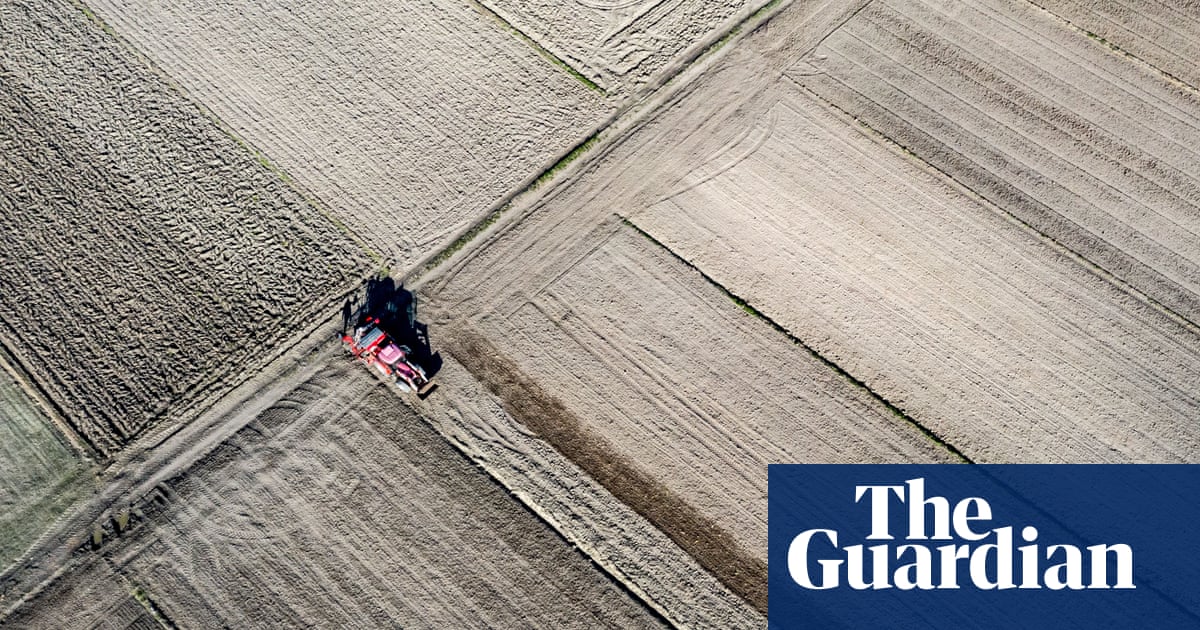The EU gives one-third of its entire budget to farmers through its common agricultural policy (Cap), which hands out money based on the area of land a farmer owns rather than whether they need the support.
But strict privacy rules, weak transparency requirements and complex chains of company ownership mean little scrutiny has been possible of who gets the money. In a study commissioned by the European parliament’s budgetary control committee in 2021, researchers from the Centre for European Policy Studies (Ceps) found that it is “currently de facto impossible” to identify the largest ultimate beneficiaries of EU funding with full confidence.
Scientists have criticised “perverse incentives” in the Cap that push farmers to destroy nature. They estimate that 50%-80% of EU farming subsidies go toward animal agriculture rather than foods that would be better for the health of people and the planet.
“We need a rapid food transition for a healthier future and subsidies are the biggest economic lever for change,” said Paul Behrens, a global change researcher at Leiden University, who was not involved in the study.
He said: “The inequality in the Cap is extreme and this work highlights again just how much the richest land-owners continue to get richer from subsidies. Although transparency in the Cap has improved over time, the amount of detective work needed to uncover how the public’s tax money is spent is astonishing.”



I’m frustrated that this keeps happening (aid money ending up in rich people’s pockets)
Is there any way to mitigate this?
Well in this instance it would already help to not pay more the more land a farmer owns. I have farmers in the wider family and they had to basically stop doing it as a full time job, because it wasn’t economically feasible anymore as a “small” farm (~30 hectares). It’s shocking what’s considered small in terms of farming nowadays.
Yes. Tax the rich!